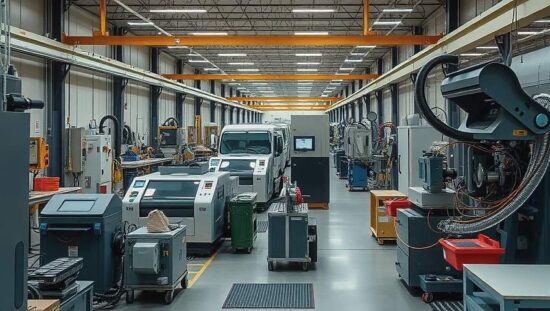Ahead of the International Motor Show, the leader of the Christian Social Union (CSU), Markus Söder, has announced significant backing for Germany’s automotive industry. Outlining a ten-point plan, reported by “Bild am Sonntag”, Söder, the Bavarian Minister President, is calling for a re-evaluation of the European Union-wide ban on petrol and diesel vehicles scheduled for 2035.
“The combustion engine has a future with e-fuels and new technologies. The 2035 combustion engine ban endangers hundreds of thousands of jobs” he stated to “Bild am Sonntag”. “The car is becoming an existential question for German industry. It is the heart of our economy – without cars, a collapse threatens.
Söder highlighted a concerning convergence of factors impacting Germany, including the effects of US tariffs, perceived bureaucratic overreach from Brussels, excessive regulation and a focus on a single technological approach. He argues that Germany’s key automotive sector is being weakened while other nations are catching up or surpassing it.
“Therefore, Germany now needs a clear automotive strategy – without ideology, but with reason, future orientation and technical realism” Söder added.
The plan also proposes revisions to CO2 emission reduction targets, expansion of charging infrastructure, strengthening the automotive supplier industry, development of autonomous driving technologies and reduced costs associated with obtaining a driver’s license.
Support for a reassessment of the current trajectory is growing within the industry. Oliver Blume, Chairman of the Volkswagen Group’s Board of Directors, welcomed the forthcoming German Automotive Summit. “We are preparing ourselves flexibly in terms of drives, while simultaneously viewing electromobility as the future.
Mercedes-Benz CEO Ola Källenius emphasized the gravity of the situation: “We are at a point that determines the future of our industry and its jobs – and thus the competitiveness of Germany and Europe”.





